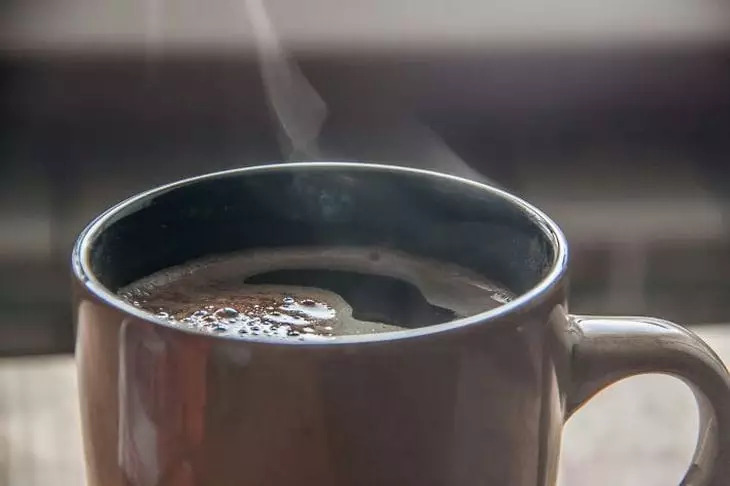What water to use for tea: tap or bottled - is there a difference
The main question people ask themselves before drinking tea is: which tea to choose?
Black or green? The question may arise: how to brew the drink correctly?
Which variety to choose?
How to serve tea
However, among these questions, there is a small but crucial one missing: what about water? What is really useful for making good tea? After all, you need to be careful with what you pour over such valuable tea leaves.
If we want to follow the Eastern tradition, then the best way to prepare tea is to... take a jug of water straight from a clear and lively mountain stream or from a well. But the vast majority does not have this opportunity. So the dilemma remains: tap water or bottled water?

Tap water
People familiar with tea ceremonies often pay attention to the pH factor. If its value exceeds 7, the water should be filtered. Otherwise, the final taste of the tea will change or (at a pH above 8.5) the tea will be bitter.
With hard water, the answer is one - filtration is necessary. Even with a normal pH, you can smell minerals in the water. In this case, do not spoil your enjoyment of tea, it is better to take bottled water.
Bottled water
Unfortunately, it is not so simple with bottled water either. Mineral water is not suitable, otherwise the tea drink will acquire an “iron” taste. If you choose soft distilled water, the tea will taste rather bland.
It has been proven that bottled spring waters with a neutral ph value are ideal for making tea. But a live spring is a priority, as stated above.
What to do?
Proceed from reality. The most accessible option is still tap water, but filtered. The golden rule when brewing with such water is to make tea from freshly filtered water. Health to all!
Previously we talked about how to whip cream correctly .
